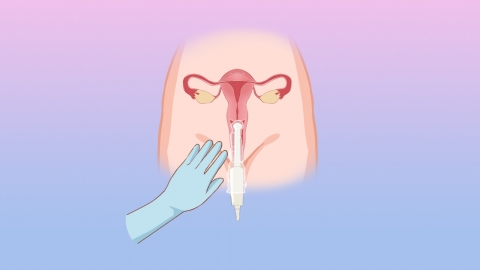Can Pelvic Inflammatory Disease (PID) cause lifelong infertility?
Generally, whether pelvic inflammatory disease (PID) leads to lifelong infertility depends on the severity of the condition and whether timely and effective treatment is received. If the condition is mild and treated promptly, infertility typically does not occur. However, if the disease is severe and treatment is delayed, it may result in lifelong infertility. If discomfort occurs, prompt medical attention is recommended. Detailed analysis is as follows:

Pelvic inflammatory disease mainly refers to inflammation of the female reproductive organs and surrounding tissues, such as the uterus, ovaries, and fallopian tubes. Symptoms of early-stage PID are usually mild, including abdominal pain and increased vaginal discharge. At this stage, the reproductive organs have not yet been significantly affected. If treated promptly, the inflammation can generally be effectively controlled. Under such circumstances, PID typically does not lead to infertility.
If PID is severe and not treated promptly and effectively, it may lead to complications such as extensive pelvic adhesions, tissue proliferation, and scar formation. These complications can interfere with the implantation of a fertilized egg, thereby increasing the risk of infertility. Additionally, severe PID may cause other issues such as hydrosalpinx, intrauterine adhesions, and ovarian dysfunction, all of which can also result in infertility.
Women are advised to maintain good personal hygiene, wear loose-fitting cotton underwear, and avoid unclean sexual practices.





